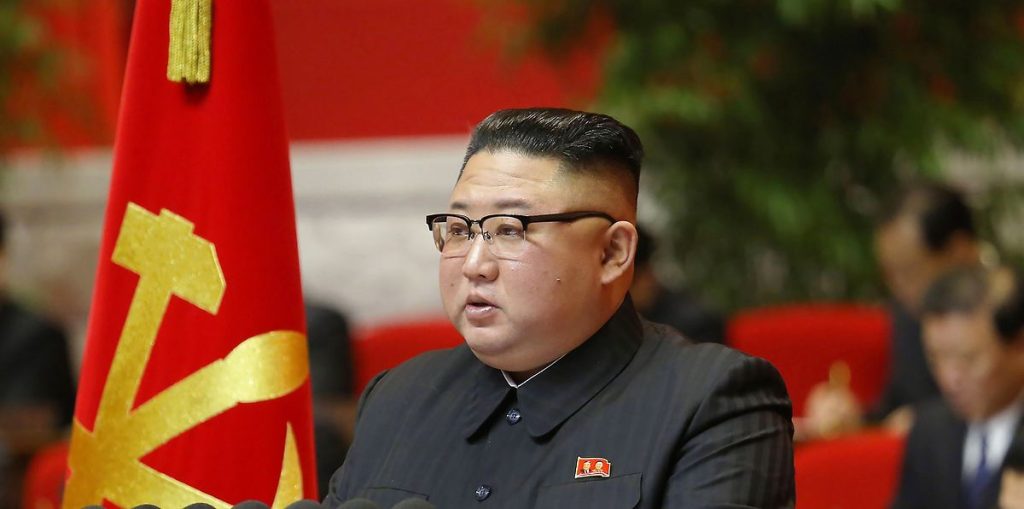Adults are required to contribute 500 kilograms each.
Others are reading now
The leadership of Kim Jong-un has maintained a reputation for enforcing strict control over its population.
Citizens are frequently required to follow directives aimed at meeting state needs, often creating significant personal challenges.
As one of the world’s most isolated nations, North Korea faces resource shortages, prompting the government to adopt extraordinary measures to address ongoing issues.
A recent directive has drawn attention for its unusual nature.
Also read
People are desperate
Citizens have been instructed to provide large amounts of human waste to serve as fertilizer for the upcoming planting season.
Adults are required to contribute 500 kilograms each, while students are tasked with collecting 200 kilograms, according to 20minutos.
This demand has created a wave of desperation, with reports of individuals resorting to theft from public restrooms and even their neighbors in an attempt to meet these quotas.
The expectations far exceed what the average person can realistically produce in a year.
This strain has led to conflicts, including a violent altercation where one man attempting to take waste from another’s property ended up in a physical fight.
Both men sustained injuries severe enough to require hospitalization.
Younger citizens are also feeling the pressure.
A high school student caught attempting to gather waste from a public restroom was reprimanded publicly by a local leader.
The situation escalated further when the student’s mother intervened, sparking a neighborhood dispute.
These incidents provide a glimpse into the hardships faced by ordinary North Koreans under government mandates.
With access to modern agricultural resources severely limited, the regime has turned to unconventional and labor-intensive methods.
The resulting burden placed on citizens reflects broader systemic issues, where individual needs are often overlooked in favor of state objectives.
North Korea’s reliance on such measures illustrates the extent of its resource challenges and the impact on everyday life.
Under Kim Jong-un’s leadership, the country continues to struggle with limited access to modern technology and international support, leaving its citizens to bear the weight of policies designed to sustain the regime’s broader goals.


